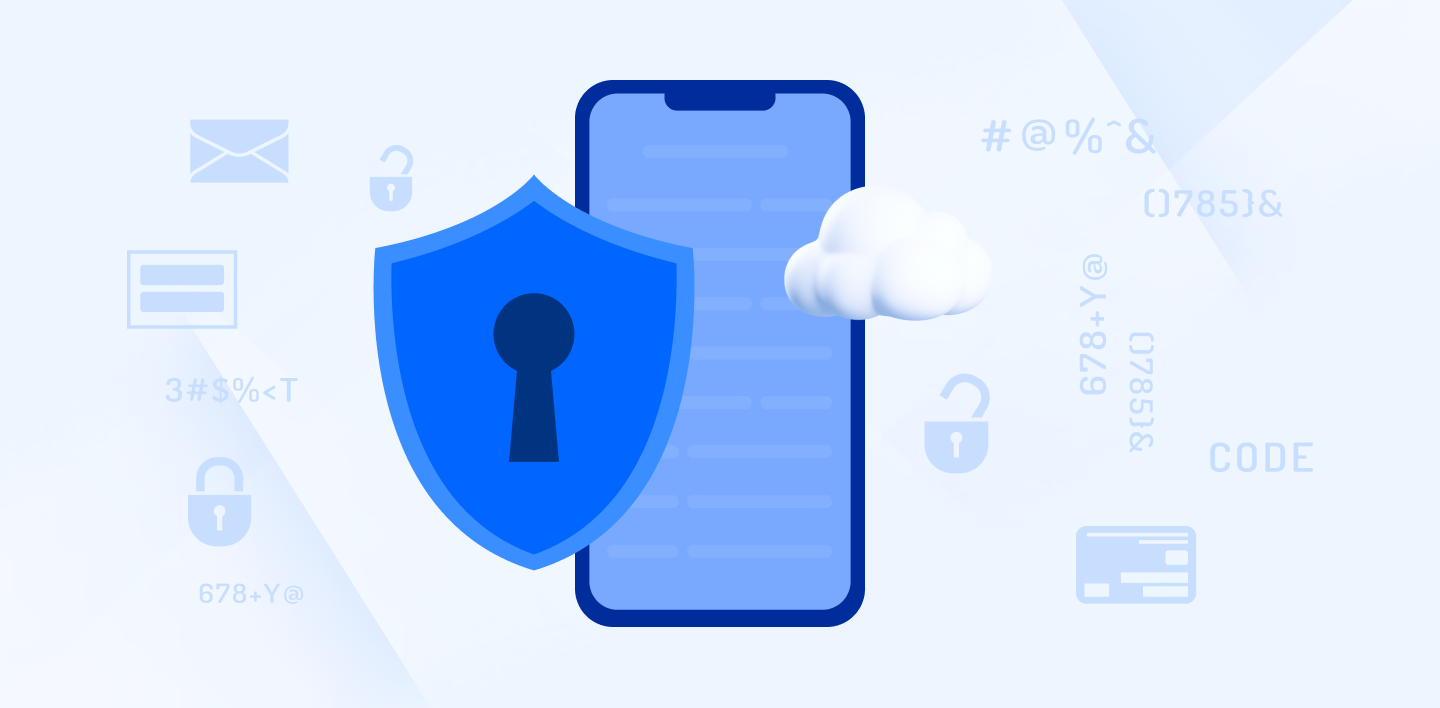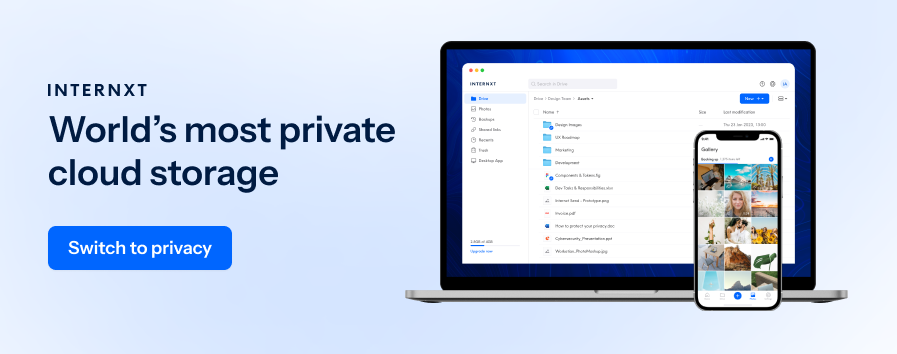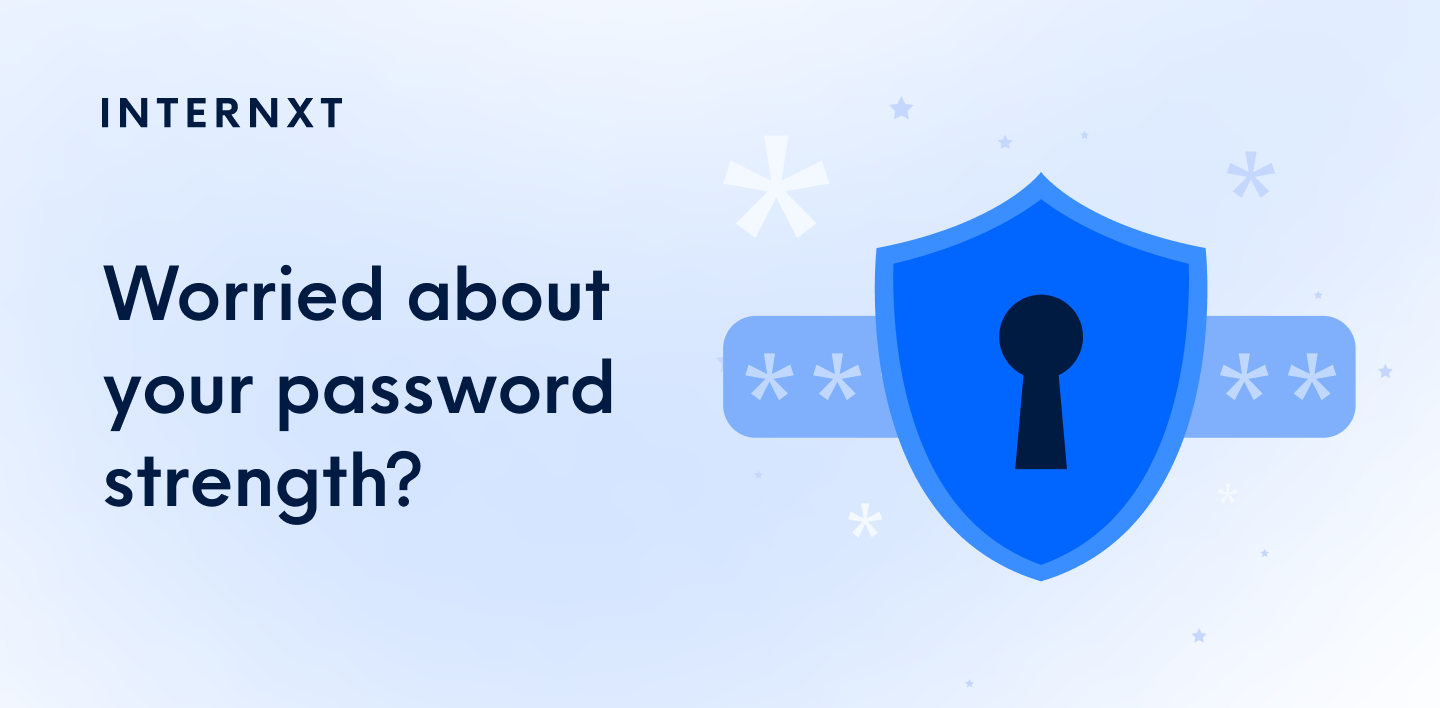The Role of Mobile Device Management in Strengthening Cloud Security?

The rise of the cloud has been a remarkable and transformative switch from physical devices to storing our files online.
What surfaced in the late 90s is today so commonplace that every business in this world—big or small—has something on the cloud. The cloud has changed the future of data storage and accessibility forever. One can rightly say that the cloud was the stepping stone to digital transformation.
The popularity of mobile devices is not surprising either. From professional to personal work, we all access cloud data from our mobile devices. Mobile device management (MDM) is now popular among IT teams to manage and secure devices that access corporate data.
While the cloud and the addition of our mobile devices have changed how we access data, it has also brought in an element of fear—security. The cloud security market volume is predicted to reach a whopping $8.09 billion by 2028. That rings a lot of alarm bells, right?
In this blog, we will touch upon the significance of mobile device management (MDM) in making cloud security more robust.
What is Mobile Device Management?
Mobile Device Management is a software or service system admins utilize to ensure the security, monitoring, administration, and support of mobile devices deployed across organizations.
MDM aims to diminish the support costs associated with an increasing number of mobile devices by automating regular procedures such as:
- Device enrollment and configuration
- Distribution of applications
- Management of security
- Enforcement of policies
- Troubleshooting of devices
MDM addresses the security concerns related to corporate data by implementing restrictions on devices that store sensitive information and enforcing policies that govern how employees can utilize them.
For instance, MDM solutions offer security features like device encryption, password enforcement, and remote wiping to safeguard against data loss in the event of loss or theft.
Organizations can employ an MDM solution for a variety of tasks, including:
- Configuring networks
- Installing security certificates
- Enforcing security policies
- Compliance workflows
- Remotely wipe data from lost or stolen devices
- Providing over-the-air (OTA) distribution of applications
Most modern vendors offer cross-OS support, including Windows (legacy & modern), Android, iOS, macOS, and even Chrome OS and Linux.
The Growing Adoption of Mobile Device Management
With the increasing adoption and benefits of investing in cloud storage, organizations face the challenge of securing mobile devices that access cloud services.
MDM has emerged as a critical component in addressing this concern by providing centralized management, control, and security measures for mobile endpoints.
Let’s talk numbers to validate the importance of further. According to a report, the global MDM market is expected to reach $ 22 billion by 2027.
Now, that is significant.
But before diving deeper, don’t make the mistake of perceiving MDM as cloud security software. It isn’t. However, an MDM solution is significant in enhancing cloud security.
The Scope of Mobile Device Management in Cloud Security
Cloud computing has been a game-changer for organizations of all types and sizes. The cloud offers a cost-effective platform that is easy to set up and manage, requires minimal maintenance, and can be scaled automatically to meet changing needs.
The cloud also offers better security than in-house systems because the provider collects the infrastructure.
However, cloud security is not foolproof, and there are many ways in which sensitive data can get compromised, even with the providers’ best efforts.
One of these is mobile devices. Mobile devices are very convenient for employees, who can use them to access corporate data from virtually anywhere. Hackers can also use them to steal that data when these devices fall into the wrong hands or are lost or stolen.
This is where mobile device management can be critical in cloud security.
No matter what type of mobile devices your organization uses - whether Android or iOS - their appropriate management is necessary to minimize security risks.
MDM Elements to Consider in Cloud Security
Organizations can implement Mobile Device Management (MDM) utilizing a third-party solution that offers management functionalities tailored to specific mobile device vendors.
Alternatively, MDM can be provided as a "service" (Software as Service or SaaS), also known as "hosted MDM." This service facilitates swift implementation without requiring extensive technical knowledge about the specific mobile devices used within the organization.
From a business perspective, the primary objective of MDM is to oversee and regulate access to corporate data while enabling users to maintain ownership of their devices. Additional elements include:
- Time and cost saving by IT admins
- Enhance enterprise security through remote locking and wiping
- Enforcing company policies by encrypting data and preventing unauthorized access

Device management encompasses several distinct aspects, including:
- Security policies: Determining how access to corporate data on a device should be controlled.
- Mobile application management (MAM): Managing the installation or removal of applications on a device.
- Mobile content management: Safely storing and sharing documents on a device.
- Identity management: Ensuring only authorized users can access corporate data on the device.
Incorporating an MDM Strategy for Robust Cloud Security
When implemented appropriately, MDM can substantially enhance your cloud security stance. A proficient MDM strategy encompasses the continuous monitoring of mobile devices to detect any unusual activity patterns.
For instance, if a mobile device typically connects between 10 am to 5 pm but suddenly starts connecting at suspicious, non-working hours like 4 am, it may indicate the presence of malware or other compromises.
Periodic verification of devices should also be conducted to ensure the installation of current patches and updates. An MDM solution that offers automated patch management is ideal in this scenario.
Furthermore, whenever feasible, encryption of data stored on devices to prevent unauthorized access by individuals without the encryption key, even if the device is lost or stolen.
Benefits of MDM When Integrated with Cloud Security Solutions
By leveraging MDM and Cloud Security together, organizations can confidently embrace the benefits of cloud technology while safeguarding sensitive information and maintaining operational integrity. Let's look at how businesses can accomplish this.
Fortifying Data Protection and Compliance
Organizations can enforce data protection policies by integrating MDM with cloud security solutions, such as encryption, remote data wiping, and secure file sharing. This ensures that sensitive information remains protected, even when accessed or stored on mobile devices in the cloud.
Moreover, MDM enables organizations to maintain compliance with industry regulations, such as the GDPR (General Data Protection Regulation) or HIPAA (Health Insurance Portability and Accountability Act), by implementing granular control over mobile endpoints and data access.
Mitigating Risks with Bring Your Own Device (BYOD) Policies
The proliferation of Bring Your Own Device (BYOD) policies poses unique security challenges.
MDM solutions integrated with cloud security provide the means to establish secure containers on employee-owned devices, segregating personal and corporate data. This approach allows organizations to remotely manage and secure corporate data while respecting user privacy on personal applications and data.
Leveraging Cloud-Based MDM for Scalability and Flexibility
Cloud-based MDM solutions offer scalability and flexibility by providing a centralized management platform accessible from anywhere. This eliminates the need for in-house infrastructure and enables seamless deployment and management of MDM policies across diverse mobile devices.
Furthermore, cloud-based MDM enhances scalability as organizations can effortlessly scale their MDM infrastructure to accommodate the growing number of mobile endpoints.
Addressing Mobile Threats with Advanced Security Features
Integrated with cloud security solutions, MDM provides advanced security features to combat evolving mobile threats. These include app whitelisting and blacklisting, secure app distribution, network access controls, and continuous monitoring of device behavior.
By leveraging these capabilities, organizations can detect and mitigate risks promptly, ensuring a secure mobile environment.
Enhancing User Productivity and Experience
A well-implemented MDM solution integrated with cloud security enables streamlined device enrollment, automated application deployment, and automatic updates. This ensures a seamless digital customer journey and empowers employees to be productive while adhering to security protocols.
Furthermore, self-service portals and secure file-sharing capabilities improve collaboration and productivity in a mobile and cloud-centric work environment.

MDM and Cloud Security Integration: Industry Use Cases
MDM and cloud security integration have become critical in today's digital landscape as organizations increasingly rely on mobile devices and cloud-based solutions.
This integration enables businesses to effectively manage and secure their mobile devices with suitable secure apps while ensuring the safety of their cloud infrastructure.
By combining MDM and cloud security, companies can enhance productivity, streamline operations, and mitigate potential risks.
Let’s look into some of the primary industries that are the hotspots for MDM and cloud security integration and its benefits.
Healthcare
One industry that benefits significantly from new tech trends such as MDM and cloud security integration is healthcare. In the healthcare sector, mobile devices are extensively used for patient care, data collection, and communication among medical professionals.
Developing a medical practice business plan is crucial for integrating these technologies effectively and ensuring they align with organizational goals.
MDM solutions integrated with cloud security provide healthcare organizations with centralized control over mobile devices, ensuring compliance with data protection regulations such as HIPAA (Health Insurance Portability and Accountability Act). IT administrators can remotely manage and monitor devices, enforce security policies, and perform regular updates to avoid data breaches in healthcare.
With cloud security integration, sensitive patient data stored in the cloud is encrypted, access is controlled, and data loss prevention measures are implemented, safeguarding patient privacy and complying with data security standards.
Finance
Another industry that leverages MDM and cloud security integration is finance. Financial institutions deal with sensitive customer information and face constant cybersecurity threats to their business.
MDM solutions integrated with cloud security enable banks and financial organizations to secure mobile devices used by employees, ensuring that they adhere to security policies and preventing unauthorized access to financial data.
Cloud security measures such as enabling email encryption, multi-factor authentication, and intrusion detection systems are integrated to protect sensitive financial information stored in the cloud.
This integration enhances data security, reduces the risk of data breaches, and enables financial organizations to meet regulatory requirements such as PCI DSS (Payment Card Industry Data Security Standard).
Retail
Retailer stores and workers rely on mobile devices and 3PL fulfillment for inventory management, point-of-sale systems, and employee communication. MDM solutions integrated with cloud security allow retailers to manage and secure these devices, ensuring they are appropriately configured, updated, and protected against malware and unauthorized access.
By integrating cloud security, retailers can securely store a customer's information in the cloud, implement access controls, and prevent data breaches or loss. This integration enhances customer trust, protects sensitive payment information, and improves overall data management and security in the retail environment.
Manufacturing
The manufacturing industry has witnessed the advantages of MDM and cloud security integration. Manufacturing companies often have a mobile workforce that relies on mobile devices for inventory tracking, quality control, and communication.
MDM solutions integrated with cloud security enable manufacturers to manage and secure these devices remotely, ensuring they are used within authorized parameters and protected against security threats.
By integrating cloud security, manufacturers can securely store production data, collaborate with suppliers and partners, and implement robust access controls to protect intellectual property and trade secrets. This integration improves operational efficiency, data governance, and overall security posture in the manufacturing industry.
What Are the Future Trends and Possible Integrations of Mobile Device Management?
As technology advances, MDM and cloud security solutions will witness further developments. These may include incorporating artificial intelligence and machine learning algorithms to enhance threat detection and response capabilities.
There’s also scope for EDR/XDR (endpoint/extended detection & response) integrations and IAM (identity & access management). Additionally, integrating zero-trust security principles with MDM will provide a holistic mobile and cloud security approach.

Embracing Mobile Device Management For Comprehensive Protection of Data
Organizations must prioritize security in an era where mobile devices and cloud services dominate the digital landscape.
Integrating Mobile Device Management with Cloud Security solutions offers organizations the chance to establish comprehensive controls, protect sensitive data, and mitigate risks associated with mobile endpoints.
By using cloud storage for business, organizations can embrace the powerful synergy of cloud storage and mobile device management without compromising security.

